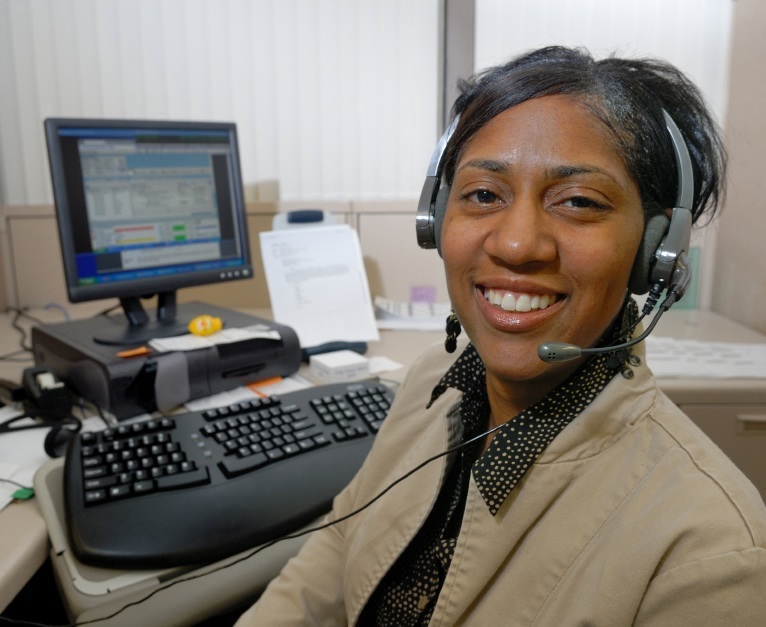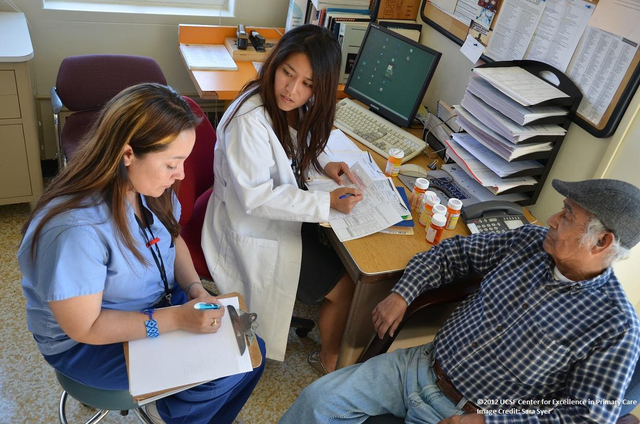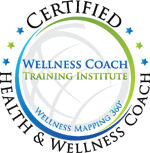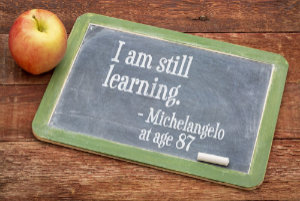The Health Coachin g Executive Forum in Orlando was a “small but mighty” conference bringing together some of the field’s leading thinkers with executives and coaches from across the health industry. The Keynote Panel kicked off the event with a unified presentation “Examining Evidence-Based Core Coaching Competencies that Support Quality Coaching to Clarify Today’s Confusing Landscape in Healthcare”. Despite t he daunting task they managed to cover it well and began by exploring the pressing question of standardization and credentialing for wellness and health coaches. Panelists included Margaret Moore of Wellcoaches, Michael Arloski of Real Balance Global Wellness Services llc, Karen Lawson of The University of Minnesota, and Ruth Wolever of Duke University.
g Executive Forum in Orlando was a “small but mighty” conference bringing together some of the field’s leading thinkers with executives and coaches from across the health industry. The Keynote Panel kicked off the event with a unified presentation “Examining Evidence-Based Core Coaching Competencies that Support Quality Coaching to Clarify Today’s Confusing Landscape in Healthcare”. Despite t he daunting task they managed to cover it well and began by exploring the pressing question of standardization and credentialing for wellness and health coaches. Panelists included Margaret Moore of Wellcoaches, Michael Arloski of Real Balance Global Wellness Services llc, Karen Lawson of The University of Minnesota, and Ruth Wolever of Duke University.
The panel conveyed that there is a solid foundation for wellness coaching based in psychological theory and mounting evidence that this manner of working with people is both grounded and effective. The potential service that wellness coaching can provide to the medical community is huge and greater assurance that wellness coaches do indeed possess the competencies to help patients/clients succeed at lasting lifestyle change will further their acceptance and use. The panel presented that we need to be training wellness coaches who are competent at all the various aspects of : 1. Building Growth Promoting Relationships; 2. Eliciting Motivation; 3. Increasing Positivity; and 4. Facilitating Constructive Development.
Beth Frates, M.D., a faculty member at Harvard and an alumni of both Wellcoaches and Real Balance Global Wellness Services llc coach training, presented an excellent program “Putting Evidence-Based Coaching into Action by Examining Results from a Comprehensive Study of Health Coaching Research”. Her examination of the literature showed that there is much reason to be optimistic about wellness and health coaching’s effectiveness. The “seedling” research that she found varied in what was being called “coaching” (a problem the panel addressed), but listed numerous “hard” studies showing coaching success.
“Examine & Practice 8 Critical Coaching Techniques to Improve Your Effectiveness: Ignite the Motivation, Guide through the Stages of Change & Achieve Sustainment of the Journey” was the lengthy but accurate title of the workshop presented together by Margaret Moore and Michael Arloski. Margaret and Michael’s styles complemented each other and this program received very positive feedback.
A wide variety of other presentations spanned the two-day event and what seemed to be emphasized over and over was the importance of human-to-human contact in the powerful coaching relationship and a solid coaching methodology to work within. Despite tremendous variance in formats, delivery models and methods, wellness and health coaching effectiveness keeps coming back to the quality of the connection between coach and client and the foundation of a solid coaching methodology underneath it all.













